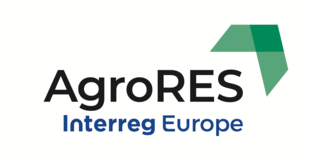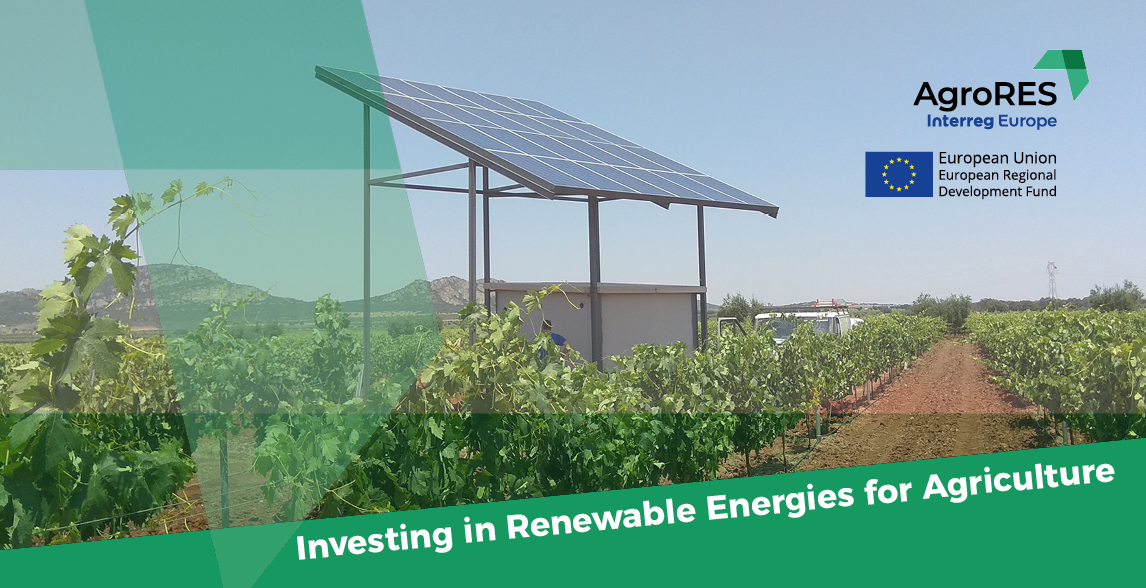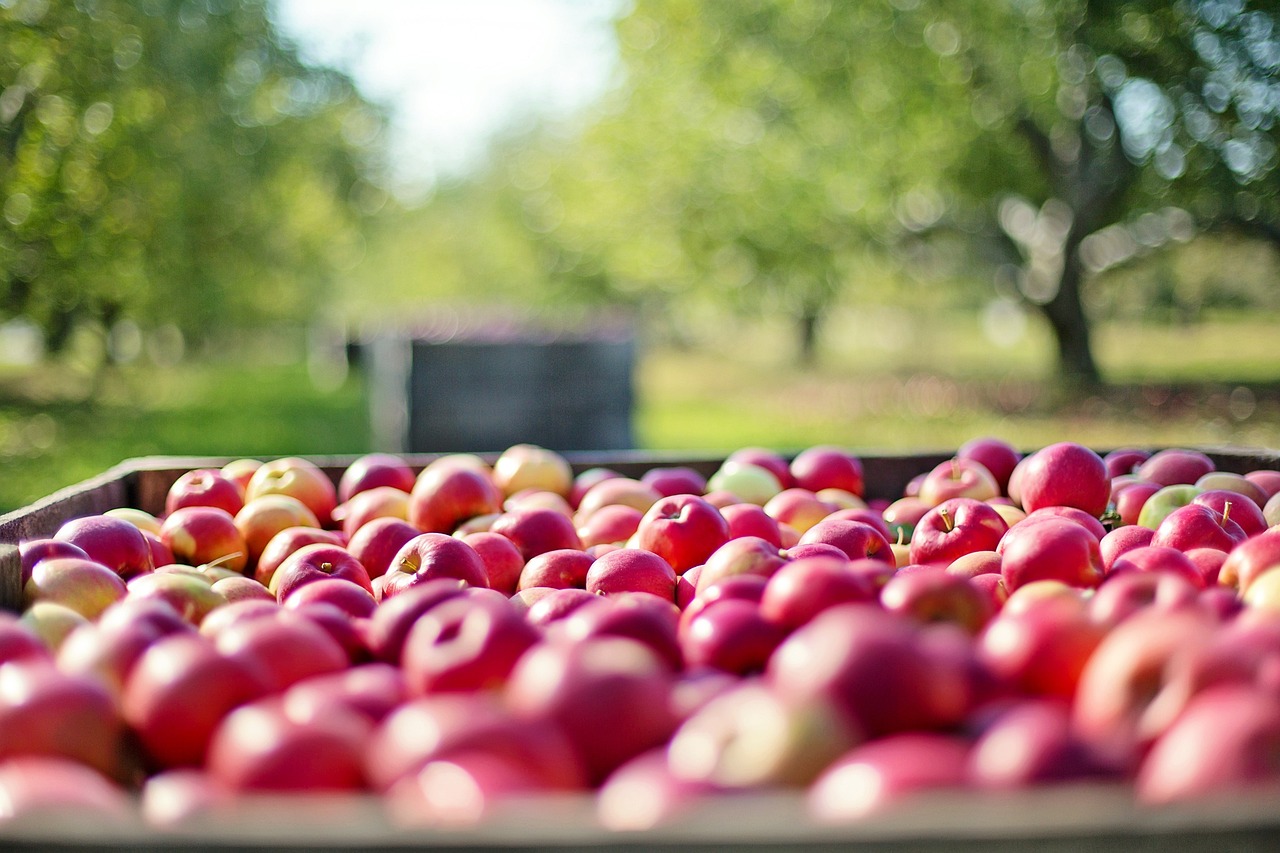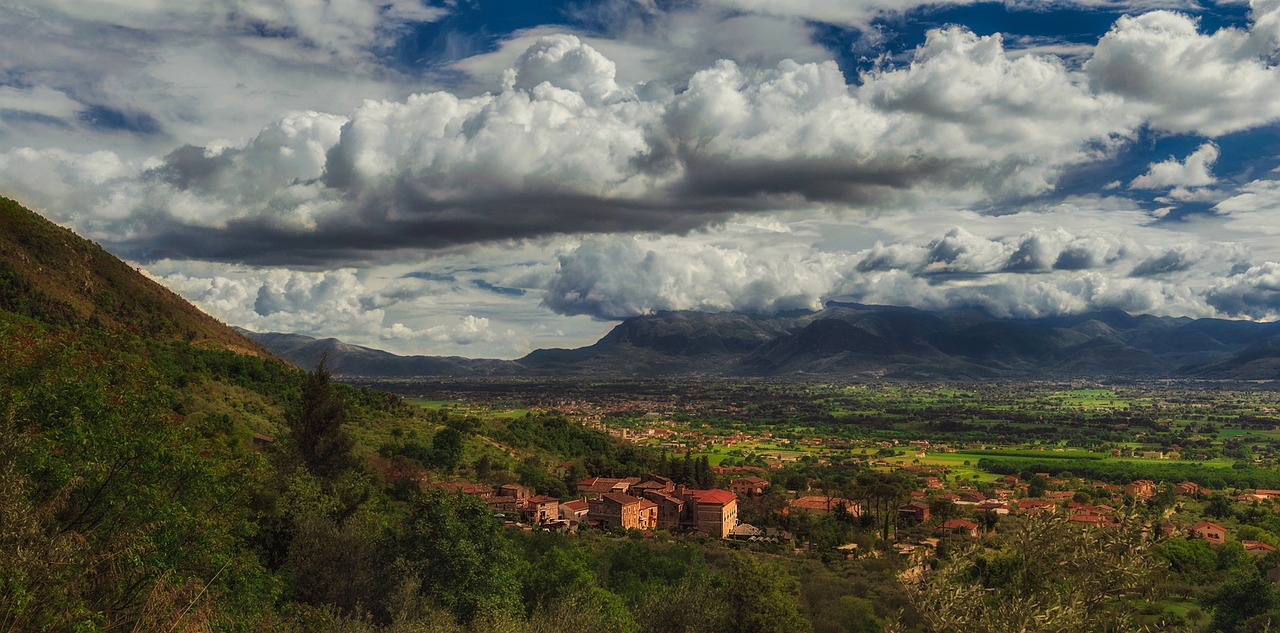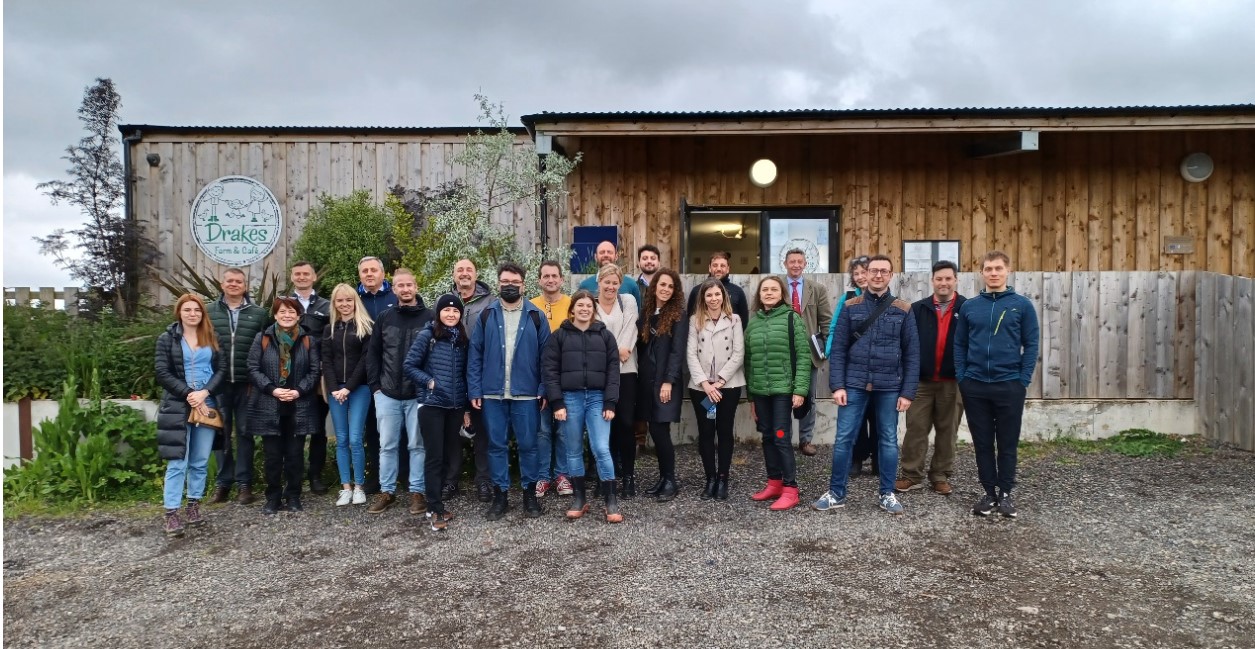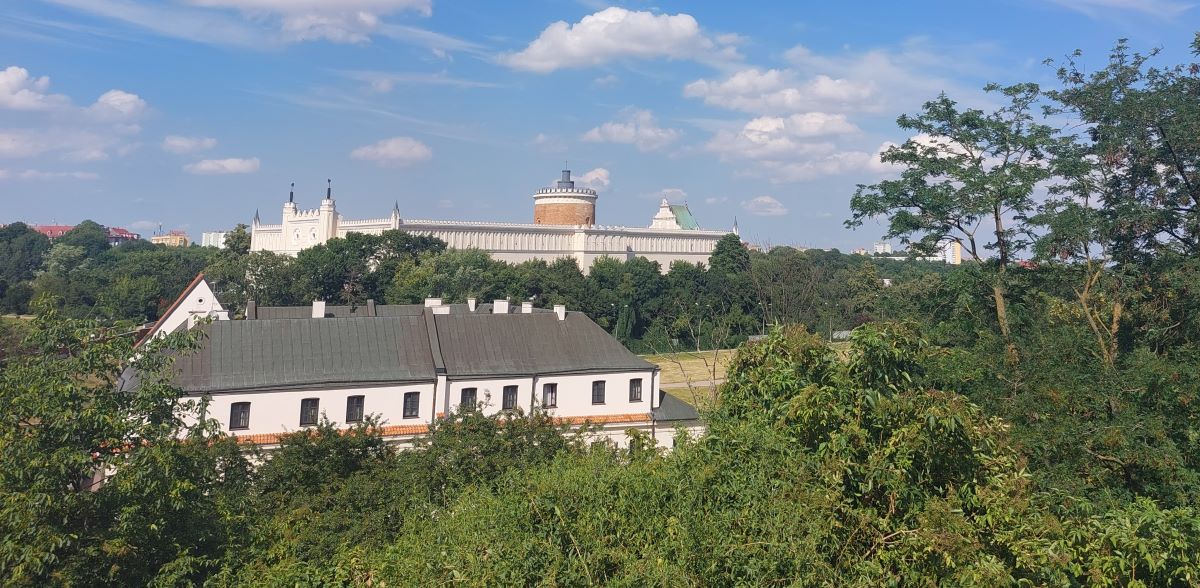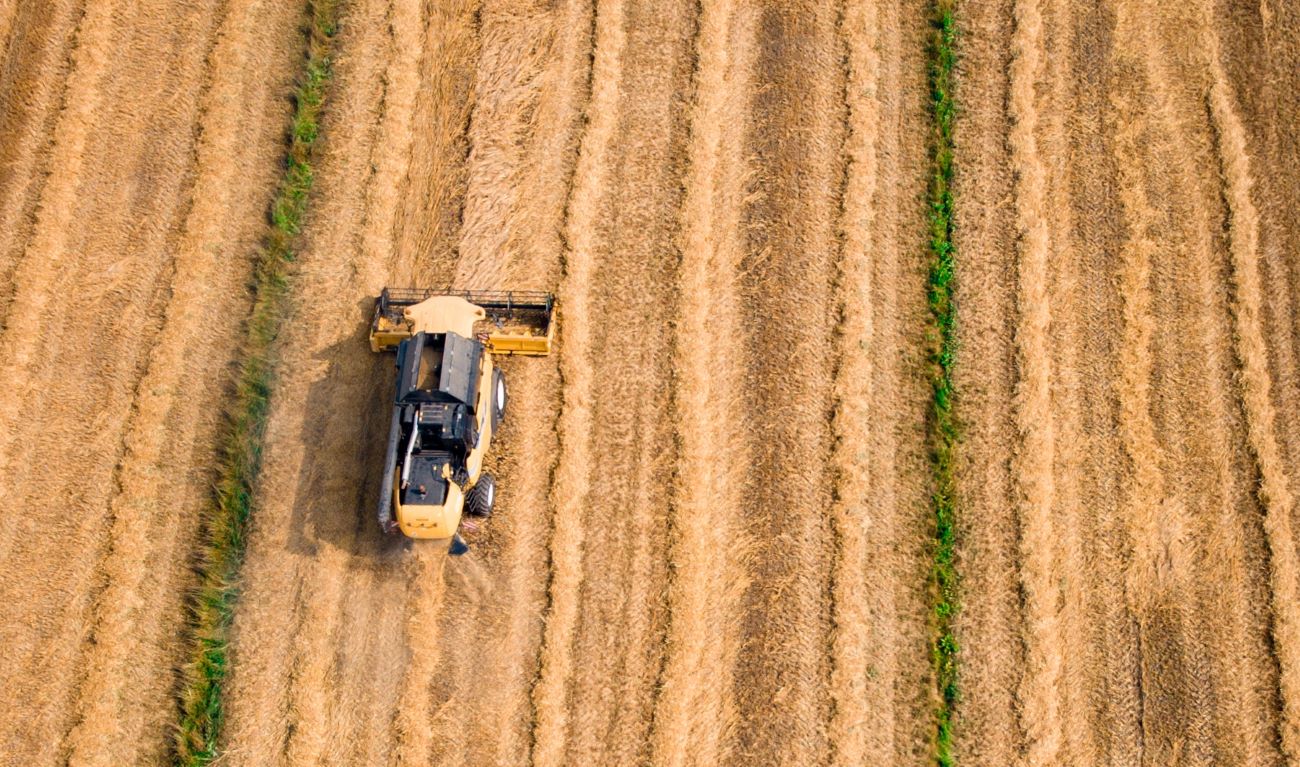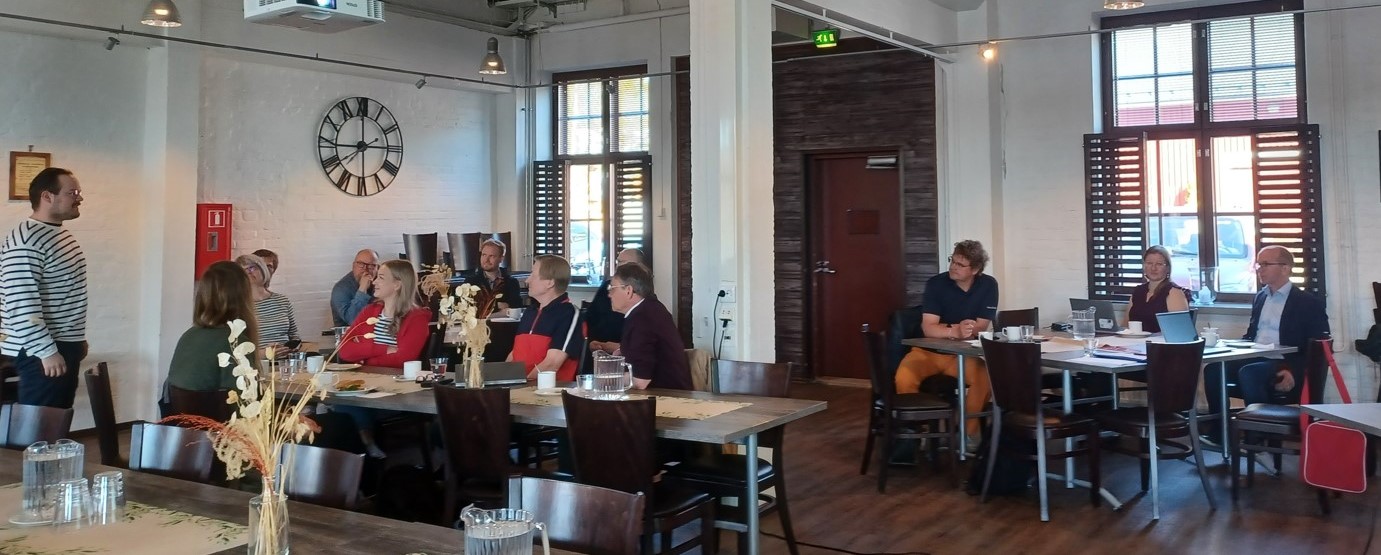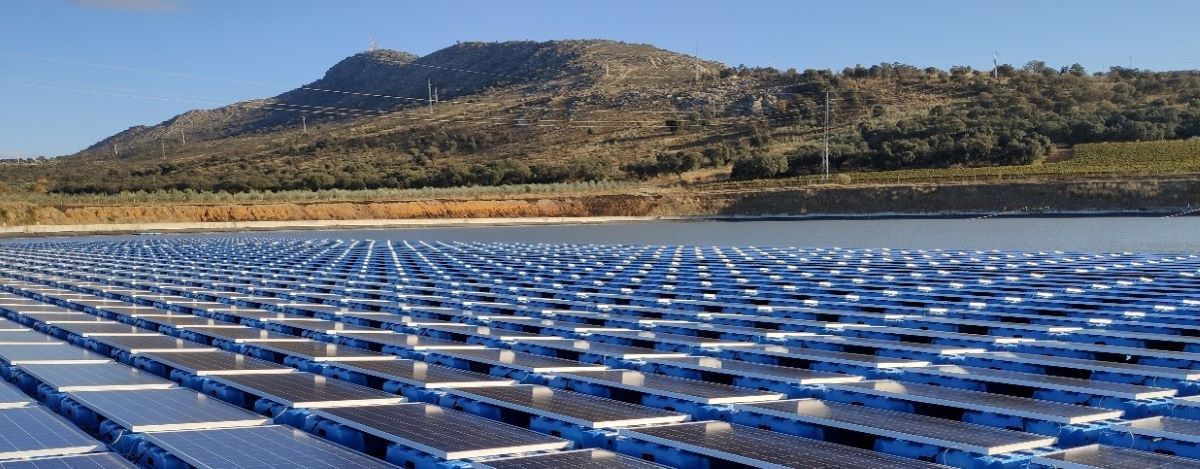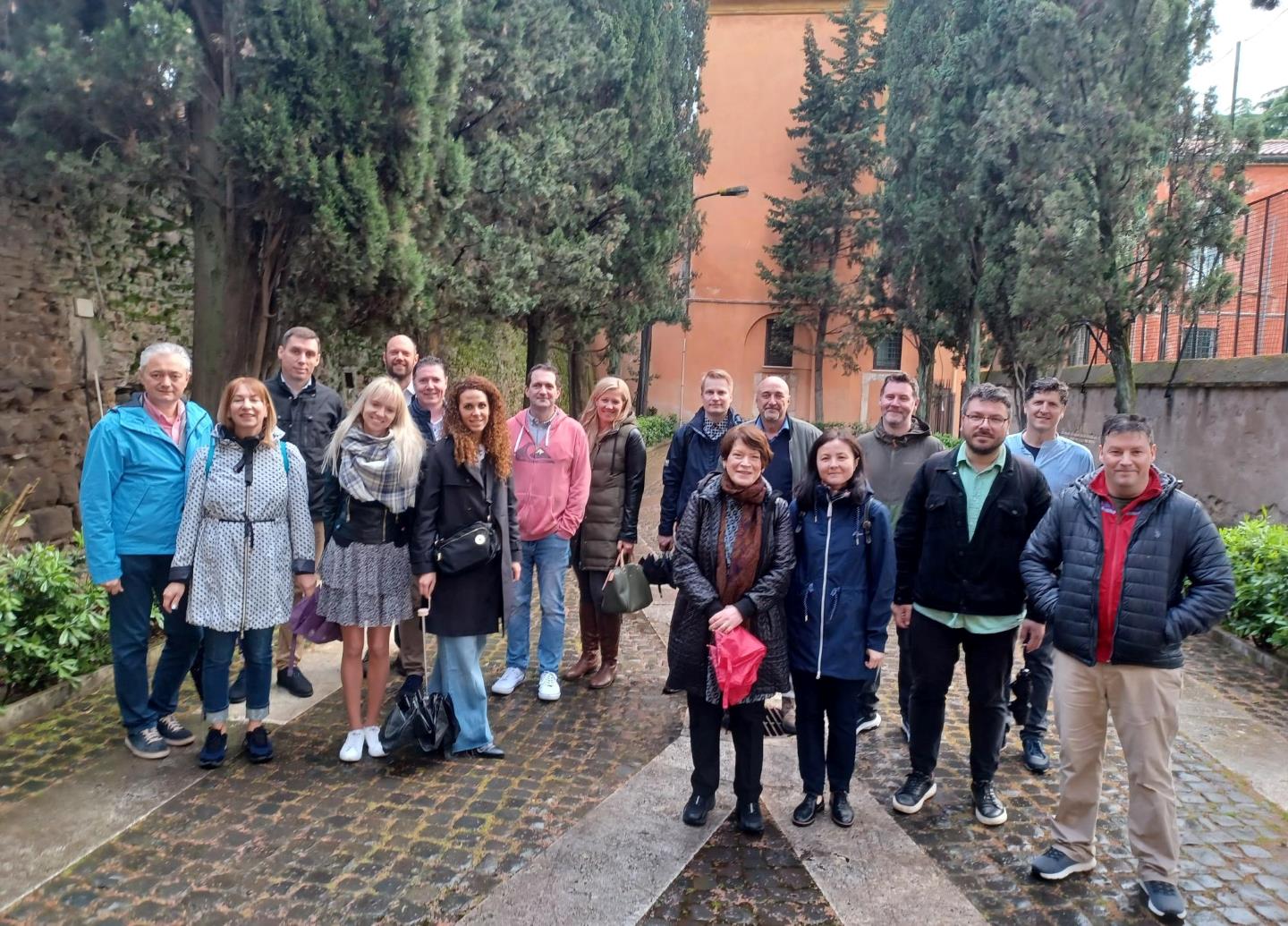The four-year AgroRES project ending in July 2023 has brought about tangible measures that encourage the production and use of renewable energy in the agricultural and rural sector. Help desks or support services have been established, new innovative technologies found and implemented, and regulations and strategies developed.
In the beginning, AgroRES project encountered challenges due to the Covid 19 pandemic. After the kick-off meeting in November 2019, only online meetings were possible for two years. But thanks to the resilience against the adverse circumstances, the AgroRES project team has managed to join in interregional learning and exchange of experiences, discover common needs and find joint solutions.
Essential activities such as interregional events were held online, organizing virtual visits, elaborating regional videos, and using innovative online platforms and tools to allow the interexchange of experiences. In person activities were activated in October 2021 with the celebration of the Interregional Event and Cross Cut visit in Ireland.
Interregional learning and regional results
During the exchange of experiences of AgroRES project, 22 best practices were identified and published for guidance for anyone interested, and 6 interregional events and 45 local stakeholder meetings were organized, increasing capacity of more than 100 regional actors.
With the knowledge gathered during the three years of learning activities, project partners together with their stakeholders produced 7 action plans to improve their regional policy instruments, including specific actions to be implemented and monitored in the last stage:
- The AgroRES lead partner AGENEX is implementing new energy communities in Extremadura, with shared ownership of renewable energy installations. A new support service has been created, encompassing the financing mechanisms and grants.
- The Atlantic Technological University (ATU) and Northern & Western Regional Assembly (NWRA), the Irish partners in the AgroRES project support an energy specific advisory service for the integration of renewable technologies on farms.
- For Bucharest Ilfov Regional Development Agency (BIRDA), AgroRES gave an opportunity to build up know-how and visibility of renewable energies. BIRDA is developing regional support services to guide potential beneficiaries of funds for the development of production and use of RES.
- Arsial has set up a Help Desk as a part of the AgroRES project to support communities in rural areas of Lazio region in the establishment of renewable energy communities, with a technical, financial and administrative assistance service.
- Through the AgroRES project, Devon County Council learnt about how the agricultural sector can work with the community energy sector to increase the use of renewable energy to meet net-zero goals. However, the business case has been difficult to develop due to the energy crisis.
- As part of the implementation of the regional AgroRES Action Plan, the Lubelskie Voivodeship updated its Development Strategy until 2030. The new version includes improving the competitiveness of farms, supporting bottom-up initiatives, and improving management efficiency. The next step will be the new energy policy.
- The AgroRES action plan of North Karelia focuses on improved governance of funding renewable energy projects in agriculture and rural areas, in line with the revised and updated Climate and Energy Programme and its implementation plan.
Ultimately, AgroRES partners have successfully developed regional measures that encourage the production and use of RE in the agricultural and rural sector, supporting this sector by solving its energy needs in a sustainable, economically viable and socially responsible way.
See: AgroRES action plans
Photo: Jill Wellington, Pixabay
